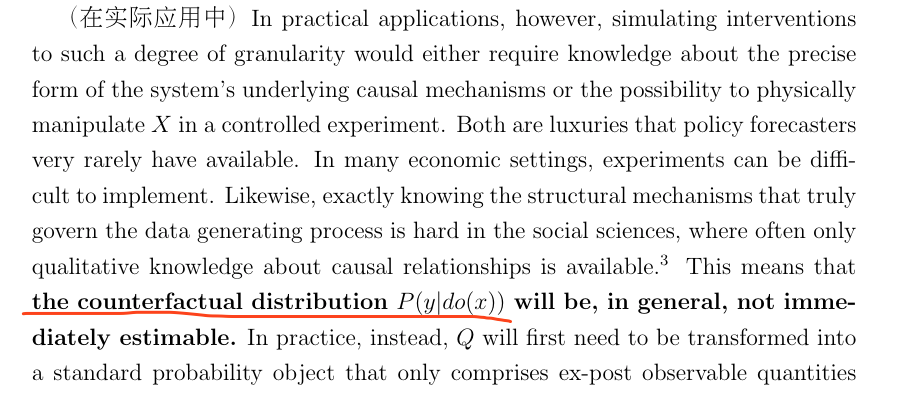时间序列因果推断¶
本文是关于时间序列因果推断的文献综述。
教材 Elements of Causal Inference: Foundations and Learning Algorithms Ch10 Time Series 快速翻译和解读 该内容应该是因果时间序列研究的起点。
综述博客 Inferring causality in time series data A concise review of the major approaches.
其他内容包括:
Causal Inference and Data-Fusionin Econometrics 都是使用 3-rules 作出的一些结论,与时间序列关系不大。
复杂系统的检测因果关系最新应用文章, 也有一篇综述比较各种不同的方法 https://pattern.swarma.org/path?id=20
用因果的手段研究 复杂系统
博客综述 by Shay Palachy¶
综述博客 Inferring causality in time series data A concise review of the major approaches. 写得非常不错!
有两种类型的因果推断,本文研究时间序列数据因果推断:
Causal inference over random variables, representing different events.
Causal inference over time series data (and thus over stochastic processes).
这篇文章的目的: This post is meant to provide a concise technical review of the major approaches found in academic literature and online resources for the purpose of inferring causality in time series data, the methods derived from them and their implementation in code form. (包括两个方面的方法:传统统计方法和其他领域方法)It aims to touch upon both (1) classical statistical approaches, created mainly in the econometrics field of research, including modern developments (2) and adaptions and original approaches coming from various other research communities, such as those dealing with dynamic systems or information theory.
Table of Contents
1. Background: Notions of causality in time series data
包括四种不同的因果: Granger, Sims, Structural, Intervention Causality
2. Classical methods for causality inference in time series data
3. Alternative parametric Granger causality measures for time series data
4. Alternative non-parametric causality measures for time series data
5. Chaos and dynamic system theory approaches for causality inference in time series data
6. Information theoretic approaches to causality inference in time series data
7. Graphical approaches for causality inference in time series data
8. Choosing which approach to use
9. Researchers to follow
10. Other notable literature
11. References
各种因果关系:
Granger causality 的严格数学定义
Sims 因果
结构因果
干预因果
注意:干预因果关系的概念与此处介绍的其他三个概念有根本的不同。格兰杰因果关系,西姆斯因果关系和结构因果关系均假设为观察框架,而干预因果关系则更强有力地假设可以在研究过程中进行干预。因此,它在许多实际场景中的适用性大大降低。
经济学中的因果推断¶
Causal Inference and Data-Fusionin Econometrics 是在披着经济学的皮讲解着 Causal AI 如何解决 confounding bias, selection bias and 迁移学习这个难题。
Overleaf 编辑 地址
内容目录:


[ ]: